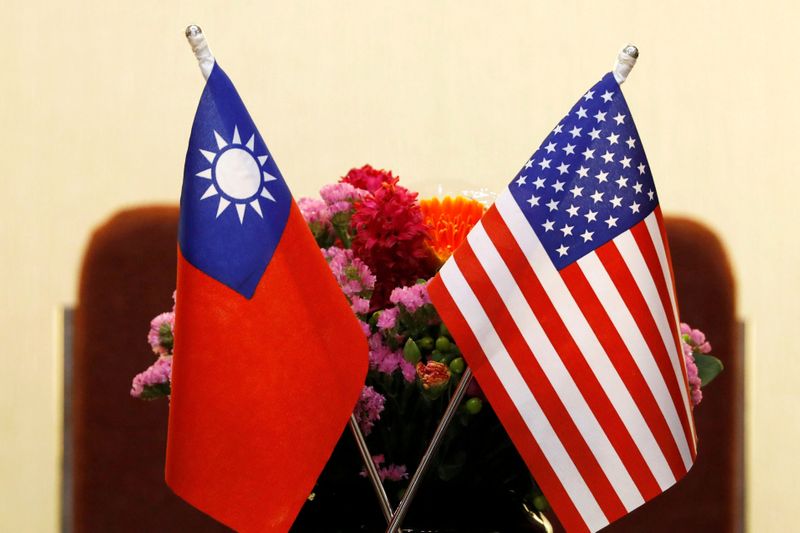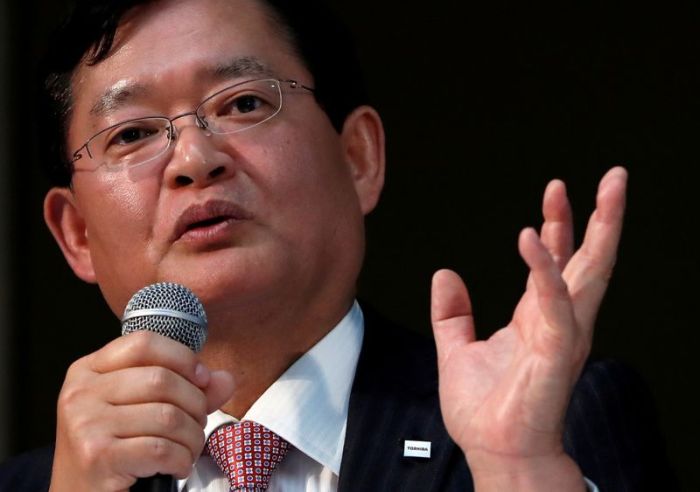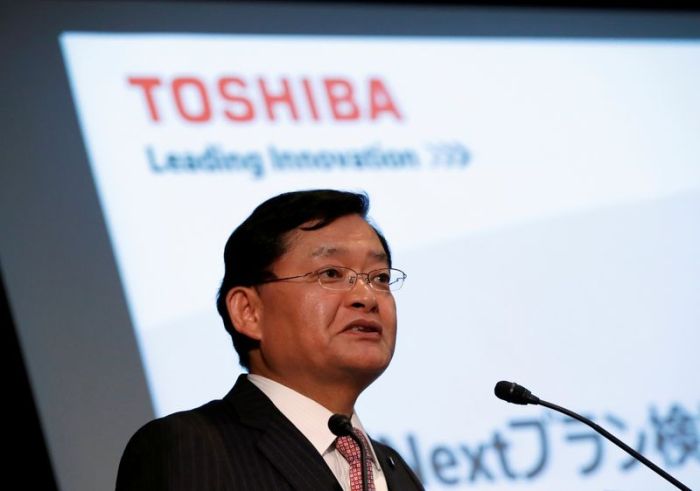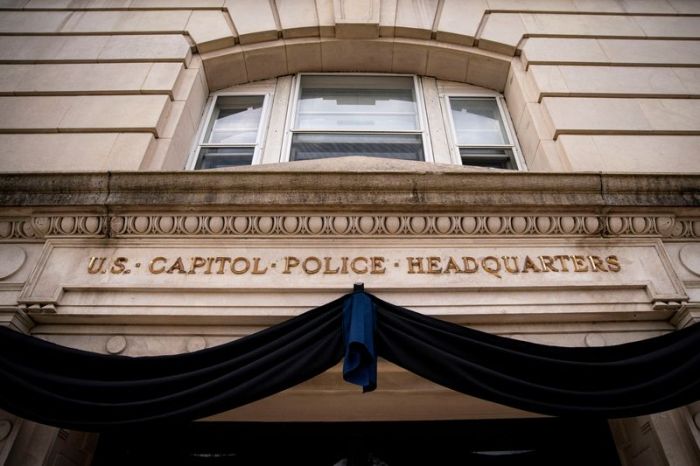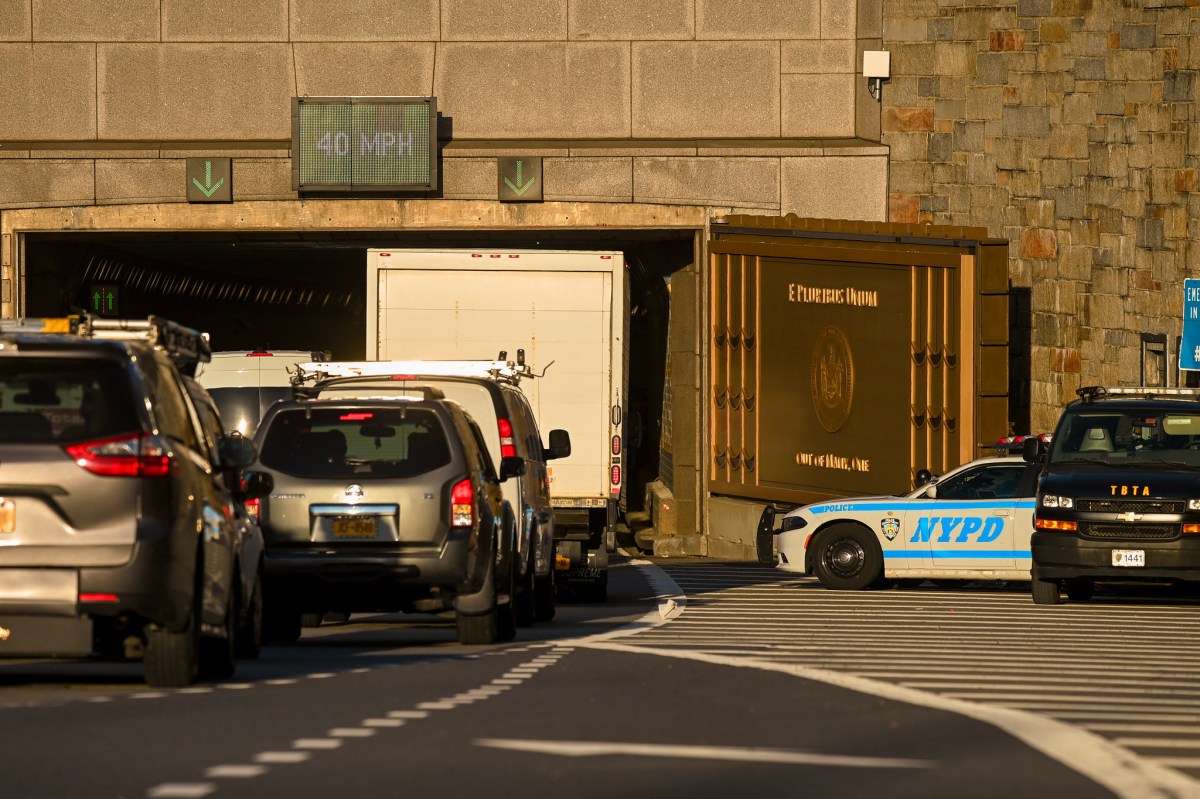WASHINGTON (Reuters) -Former U.S. Senator Chris Dodd and former Deputy Secretaries of State Richard Armitage and James Steinberg headed to Taiwan on Tuesday at President Joe Biden’s request, in what a White House official called a “personal signal” of the president’s commitment to the Chinese-claimed island and its democracy.
A senior Biden administration official told Reuters the dispatch of the “unofficial” delegation comes as the United States and Taiwan mark the 42nd anniversary of the Taiwan Relations Act, for which Biden voted when he was a U.S. senator.
The delegation will meet with senior Taiwanese officials and followed “a long-standing bipartisan tradition of U.S. administrations sending high-level, unofficial delegations to Taiwan,” the official said.
The official called it “a personal signal” from the president, who took office in January.
“The selection of these three individuals – senior statesmen who are longtime friends of Taiwan and personally close with President Biden – sends an important signal about the U.S. commitment to Taiwan and its democracy.”
Taiwan’s presidential office said President Tsai Ing-wen would meet with the delegation on Thursday morning.
Taiwan’s Foreign Ministry said the group would arrive at Taipei’s downtown Songshan airport mid-afternoon on Wednesday.
The State Department said on Friday it was issuing new guidelines to enable U.S. officials to meet more freely with officials from Taiwan, a move that deepens relations with Taipei amid stepped-up Chinese military activity around the island, which China claims as its own.
Former President Donald Trump angered China by sending several senior officials to Taiwan, and his secretary of state, Mike Pompeo, announced days before the Trump presidency ended in January that he was lifting restrictions on contacts between U.S. officials and their Taiwanese counterparts.
Taiwan is China’s most sensitive territorial issue and a major bone of contention with Washington, which is required by U.S. law to provide the island with the means to defend itself.
“The United States is committed to engaging Taiwan and deepening our cooperation on shared interests in line with the U.S. ‘one-China’ policy,” the Biden administration official said, referring to the long-standing U.S. policy under which Washington officially recognizes Beijing rather than Taipei.
The official waved off a question as to whether dispatch of the delegation might have been coordinated to coincide with U.S. climate envoy John Kerry’s visit to Shanghai this week, saying climate talks with Beijing “shouldn’t be linked with other areas of the relationship.”
“And it’s certainly not to the diminishment of any of our concerns about Beijing’s behavior,” the official said. “Our unofficial engagement with Taiwan … should stand on its own.”
Asked about future official-level contacts with Taiwan after the State Department announcement, the official replied: “We don’t have specific plans at this time, for particular travel, but… I certainly do expect for us to be having engagements and travel consistent with our one-China policy.”
The official said Taiwan and preserving the status quo across the Taiwan Strait would be part of talks with Japanese Prime Minister Yoshihide Suga when he visits Washington for talks with Biden later this week.
(Reporting by David Brunnstrom and Michael Martina; Additional reporting by Ben Blanchard in Taipei; Editing by Peter Cooney and Rosalba O’Brien)

